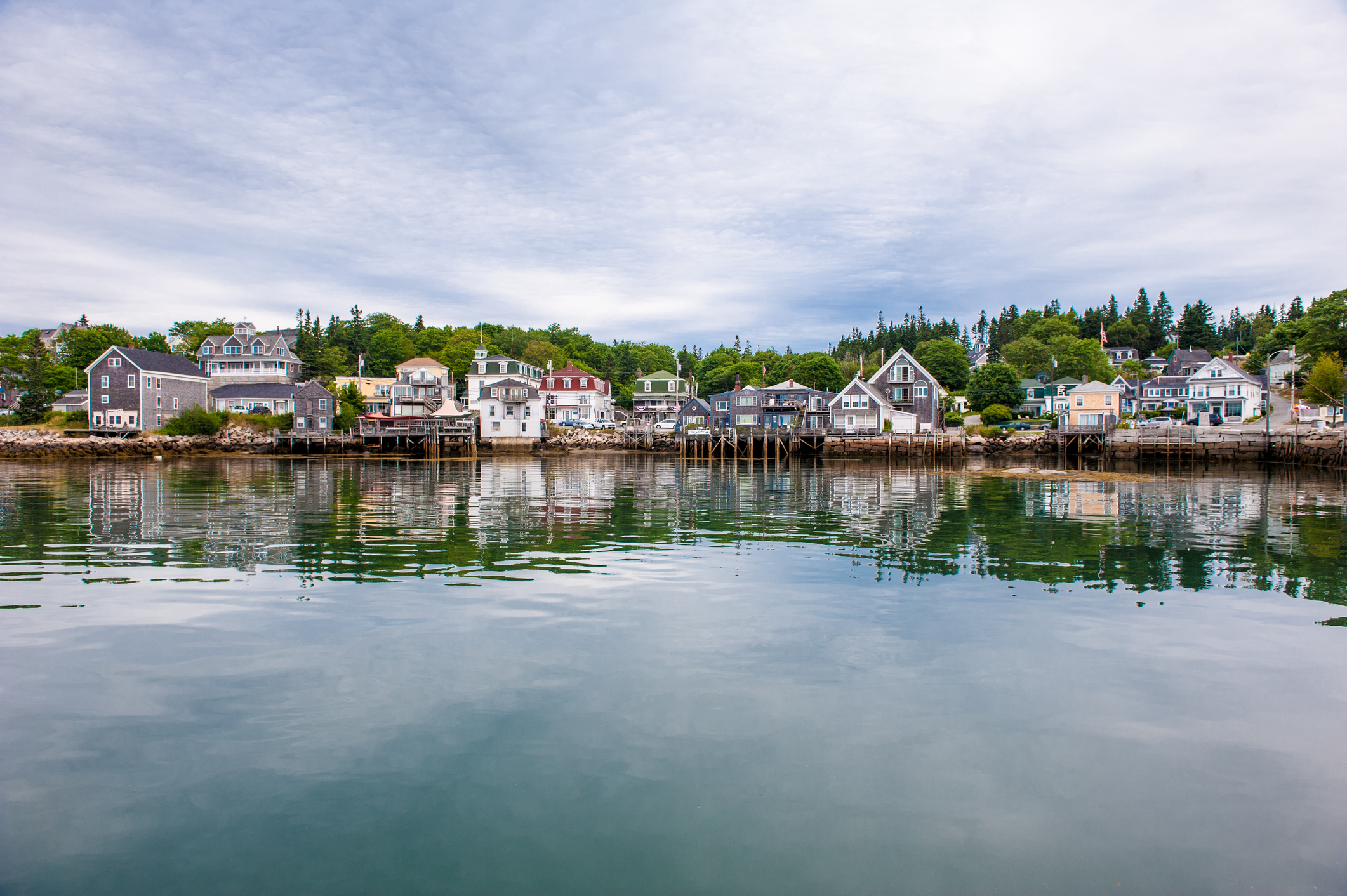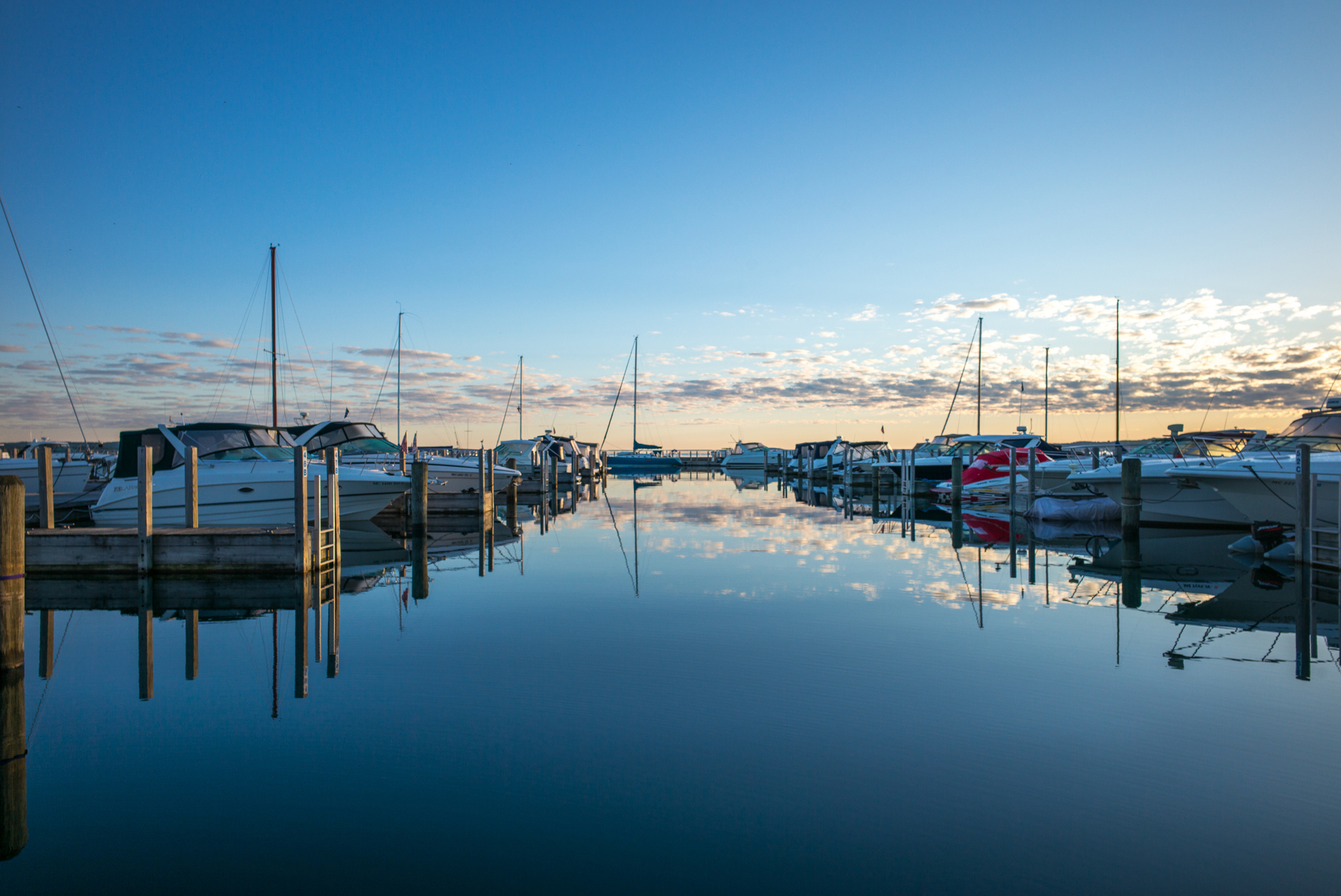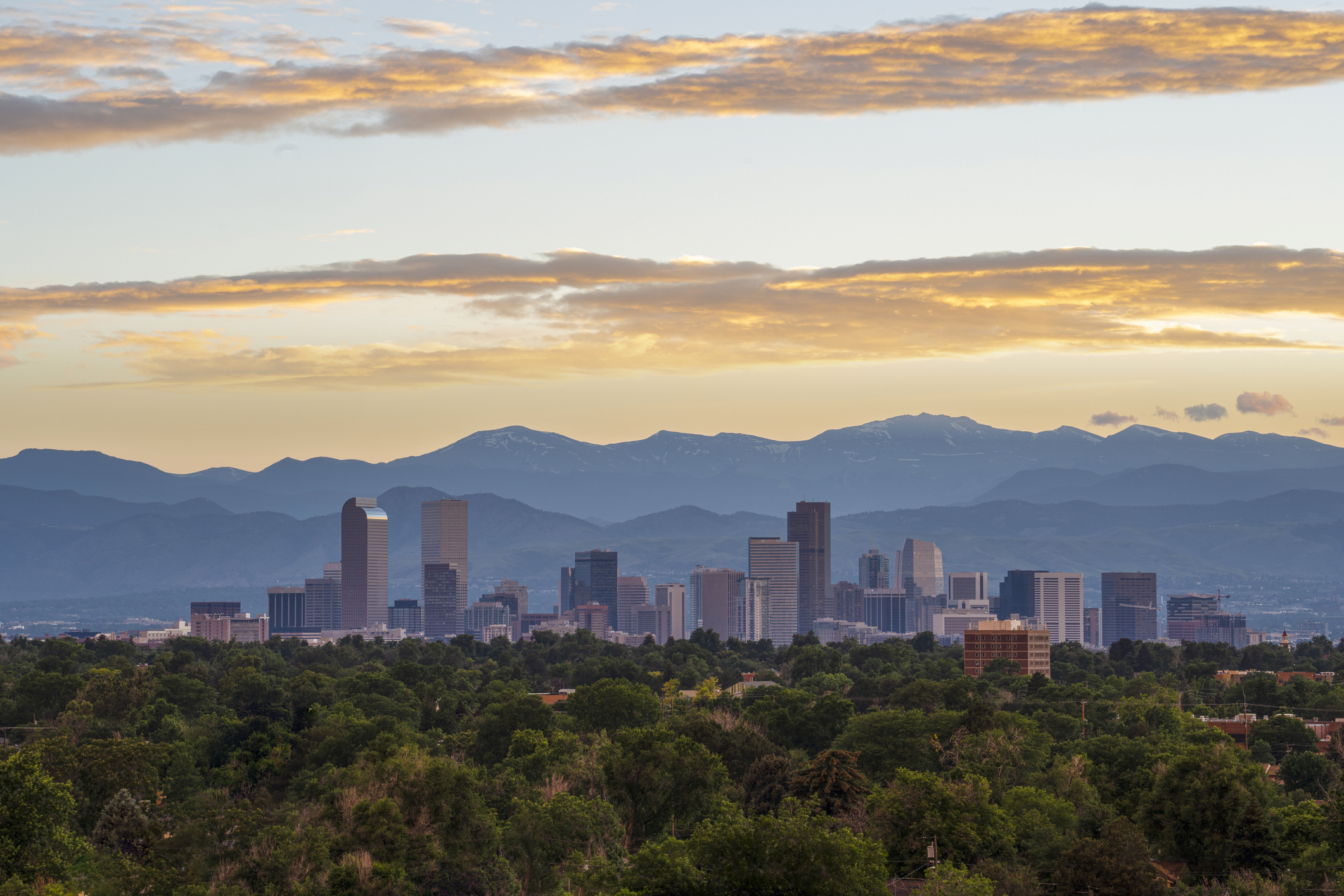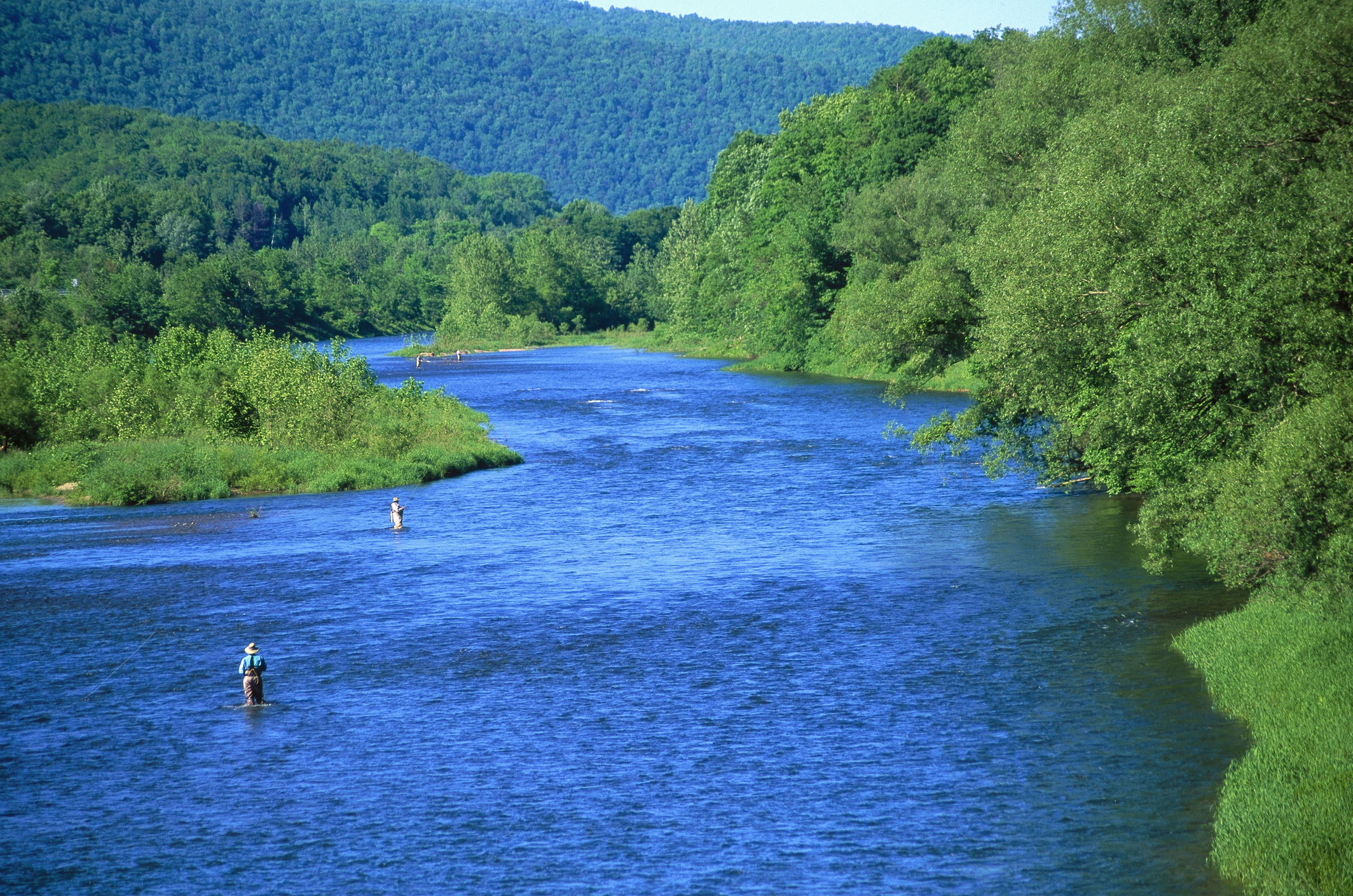Where to Buy a Vacation Home Safe From Climate Risks
A beachfront vacation home sounds great until a hurricane hits. These places provide safer options.


Profit and prosper with the best of Kiplinger's advice on investing, taxes, retirement, personal finance and much more. Delivered daily. Enter your email in the box and click Sign Me Up.
You are now subscribed
Your newsletter sign-up was successful
Want to add more newsletters?

Delivered daily
Kiplinger Today
Profit and prosper with the best of Kiplinger's advice on investing, taxes, retirement, personal finance and much more delivered daily. Smart money moves start here.

Sent five days a week
Kiplinger A Step Ahead
Get practical help to make better financial decisions in your everyday life, from spending to savings on top deals.

Delivered daily
Kiplinger Closing Bell
Get today's biggest financial and investing headlines delivered to your inbox every day the U.S. stock market is open.

Sent twice a week
Kiplinger Adviser Intel
Financial pros across the country share best practices and fresh tactics to preserve and grow your wealth.

Delivered weekly
Kiplinger Tax Tips
Trim your federal and state tax bills with practical tax-planning and tax-cutting strategies.

Sent twice a week
Kiplinger Retirement Tips
Your twice-a-week guide to planning and enjoying a financially secure and richly rewarding retirement

Sent bimonthly.
Kiplinger Adviser Angle
Insights for advisers, wealth managers and other financial professionals.

Sent twice a week
Kiplinger Investing Weekly
Your twice-a-week roundup of promising stocks, funds, companies and industries you should consider, ones you should avoid, and why.

Sent weekly for six weeks
Kiplinger Invest for Retirement
Your step-by-step six-part series on how to invest for retirement, from devising a successful strategy to exactly which investments to choose.
For previous generations, the questions surrounding where to buy a vacation home were simple: What’s your budget? And do you want to be near the mountains or the beach?
But now, in the disturbing wake of tragic natural disasters like hurricanes and erosion on the East Coast and wildfires out West, many people are pausing to consider the ways climate change may wreak havoc on where they choose to settle: hurricanes that can sweep away beach homes, fires that can incinerate properties, tornadoes that can flatten condos — not to mention the risk to human lives.
It’s such a hot topic that Cal Inman developed a website, Climate Check, to give people “detailed climate risk data and reports for individual properties, portfolios and geographic corridors so you can assess your exposure to extreme weather events now, and up to 40 years into the future,” according to the website.
From just $107.88 $24.99 for Kiplinger Personal Finance
Become a smarter, better informed investor. Subscribe from just $107.88 $24.99, plus get up to 4 Special Issues

Sign up for Kiplinger’s Free Newsletters
Profit and prosper with the best of expert advice on investing, taxes, retirement, personal finance and more - straight to your e-mail.
Profit and prosper with the best of expert advice - straight to your e-mail.
"There are a lot of reasons people purchase real estate: Be around the grandkids, be around kids, a job, or you’re thinking about retirement or vacation," he told Kiplinger. "You think about those needs and price point, but climate risk is certainly one factor to consider amongst all the other parts to the decision-making process of where to purchase."
And it’s not just the major weather factors to consider as you look at where to purchase real estate (and how to protect your home from natural disasters with the right insurance). Extreme heat can severely affect your quality of life, keeping you inside and racking up your air conditioning bill, while wildfire smoke, even from miles and miles away, can cause health issues.
But as Inman noted, factors are ever-changing, and while you can make educated guesses from the data, nothing is a sure thing — and no place is perfectly safe. Instead, you can simply familiarize yourself with the hazards of a region, so you can properly prepare for any possible situations.
So, even though it’s not possible to really predict the future, there are still some places that may be more attractive as a vacation house destination if climate change risk is on your mind. Here are just a few of the best places to buy a house to avoid most natural disaster risks.
1. Duluth, Minnesota
If you’re looking for a place that’s climate-proof, look no further than Duluth, Minnesota, a city on the shores of Lake Superior that’s repeatedly earned that label from major outlets.
Not only can you get the benefits of city living here, but you can also enjoy the beauty of one of America’s iconic Great Lakes. There’s not a real risk of hurricanes or wildfires here, and even the tough winters have become more bearable over the years. Climate Check rates Duluth as "relatively low" risk of drought, fire and flood.
2. Traverse City, Michigan

Sunrise skyline over the shore side harbor near Lake Michigan's West Grand Traverse Bay in Traverse City, Michigan.
Michigan is appealing for many of the same reasons Minnesota is: Low risk of storms like tornadoes or hurricanes, a temperate climate with comfortable summers, vast swaths of unspoiled nature, and of course, you can find homes on the beautiful Great Lakes.
Unlike a beach house, which can be threatened by hurricanes or rising sea levels, a Michigan lake house feels like a safer bet. Traverse City presents a wonderful downtown in addition to a great lakefront.
3. Salt Lake City, Utah
If mountains call you more than lakes, consider Salt Lake City, Utah. SLC is framed by stunning mountains, and unlike other vacation homes, it offers incredible recreational activities all summer long: Hike in the summer, go skiing in the winter.
Salt Lake City is at low risk of flood and fire, according to Climate Check, although there is some risk of heat and drought.
4. Denver, Colorado

The skyline of Denver with mountains in the background.
Another mountainside option? Denver. Denver gives you access to gorgeous natural scenery and outdoor recreation, as well as a bustling city vibe. After a long hike through Colorado’s forests, you can enjoy a meal at one of Denver’s world-class restaurants or a show at one of its many entertainment venues.
While Denver is at some risk of wildfires, in general, it’s a sunny place that avoids the brunt of blizzards, flooding and hurricanes. Just look out for the altitude.
5. Orlando, Florida
Alright, a vacation home in Orlando isn’t for everyone. But for people with plenty of kids and teens coming along, it can be an incredible choice, with access to Disney World, Universal Studios, and other theme parks.
Plus, if climate change is a big concern, Orlando has been named by multiple outlets as one of the best cities to live to avoid climate change. You can still reach the other parts of Florida and soak up the sunny weather, but you also mostly avoid the hurricane and flooding risks.
6. The Catskills, New York

Fly fishers in Fishs Eddy, New York.
You get all the best of nature in The Catskills: mountains, waterfalls, forests, lakes… if you visualize a stunning scenic vista, you can probably find it in the Catskills. It makes it the perfect place for a vacation home, especially if you want to avoid the brunt of climate change.
While rising temperatures and flooding is a concern, the Catskills see less wildfires than the West Coast, don’t experience earthquakes, and usually avoid major storms as well. There are plenty of opportunities for hiking, fishing, kayaking, and, in the winter, skiing and tubing.
7. Rockland, Maine
The tip of New England may not attract as many vacationers as California, Florida or New York, but it offers similar attractions: Maine has beautiful lakes and oceans, thick, verdant forests, cresting mountains and charming small towns, like Rockland. It may not be a huge state, but it offers a diverse array of opportunities for vacation homes, meaning both beach-lovers and mountain dwellers can find a place they’d love here.
In terms of climate change risk, storms can batter the coast line, the winters can be rough, and flooding is a potential issue to consider, but the temperatures are more bearable, drought isn’t a considerable risk, and earthquakes and tornadoes are a non-issue.
Related Content
Profit and prosper with the best of Kiplinger's advice on investing, taxes, retirement, personal finance and much more. Delivered daily. Enter your email in the box and click Sign Me Up.

Becca van Sambeck is a writer and editor with experience in many fields, including travel, entertainment, business, education, and lifestyle. Her work has appeared in outlets like NBC, Oxygen, Bravo, the University of Southern California, Elite Daily, CafeMom, Travel For Teens, and more. She currently resides in New York City.
-
 Quiz: Do You Know How to Avoid the "Medigap Trap?"
Quiz: Do You Know How to Avoid the "Medigap Trap?"Quiz Test your basic knowledge of the "Medigap Trap" in our quick quiz.
-
 5 Top Tax-Efficient Mutual Funds for Smarter Investing
5 Top Tax-Efficient Mutual Funds for Smarter InvestingMutual funds are many things, but "tax-friendly" usually isn't one of them. These are the exceptions.
-
 AI Sparks Existential Crisis for Software Stocks
AI Sparks Existential Crisis for Software StocksThe Kiplinger Letter Fears that SaaS subscription software could be rendered obsolete by artificial intelligence make investors jittery.
-
 We Retired at 62 With $6.1 Million. My Wife Wants to Make Large Donations, but I Want to Travel and Buy a Lake House.
We Retired at 62 With $6.1 Million. My Wife Wants to Make Large Donations, but I Want to Travel and Buy a Lake House.We are 62 and finally retired after decades of hard work. I see the lakehouse as an investment in our happiness.
-
 I'm an Opportunity Zone Pro: This Is How to Deliver Roth-Like Tax-Free Growth (Without Contribution Limits)
I'm an Opportunity Zone Pro: This Is How to Deliver Roth-Like Tax-Free Growth (Without Contribution Limits)Investors who combine Roth IRAs, the gold standard of tax-free savings, with qualified opportunity funds could enjoy decades of tax-free growth.
-
 One of the Most Powerful Wealth-Building Moves a Woman Can Make: A Midcareer Pivot
One of the Most Powerful Wealth-Building Moves a Woman Can Make: A Midcareer PivotIf it feels like you can't sustain what you're doing for the next 20 years, it's time for an honest look at what's draining you and what energizes you.
-
 I'm a Wealth Adviser Obsessed With Mahjong: Here Are 8 Ways It Can Teach Us How to Manage Our Money
I'm a Wealth Adviser Obsessed With Mahjong: Here Are 8 Ways It Can Teach Us How to Manage Our MoneyThis increasingly popular Chinese game can teach us not only how to help manage our money but also how important it is to connect with other people.
-
 Looking for a Financial Book That Won't Put Your Young Adult to Sleep? This One Makes 'Cents'
Looking for a Financial Book That Won't Put Your Young Adult to Sleep? This One Makes 'Cents'"Wealth Your Way" by Cosmo DeStefano offers a highly accessible guide for young adults and their parents on building wealth through simple, consistent habits.
-
 I'm a Real Estate Investing Pro: This Is How to Use 1031 Exchanges to Scale Up Your Real Estate Empire
I'm a Real Estate Investing Pro: This Is How to Use 1031 Exchanges to Scale Up Your Real Estate EmpireSmall rental properties can be excellent investments, but you can use 1031 exchanges to transition to commercial real estate for bigger wealth-building.
-
 My Spouse and I Are Saving Money for a Down Payment on a House. Which Savings Account is the Best Way to Reach Our Goal?
My Spouse and I Are Saving Money for a Down Payment on a House. Which Savings Account is the Best Way to Reach Our Goal?Learn how timing matters when it comes to choosing the right account.
-
 We're 78 and Want to Use Our 2026 RMD to Treat Our Kids and Grandkids to a Vacation. How Should We Approach This?
We're 78 and Want to Use Our 2026 RMD to Treat Our Kids and Grandkids to a Vacation. How Should We Approach This?An extended family vacation can be a fun and bonding experience if planned well. Here are tips from travel experts.